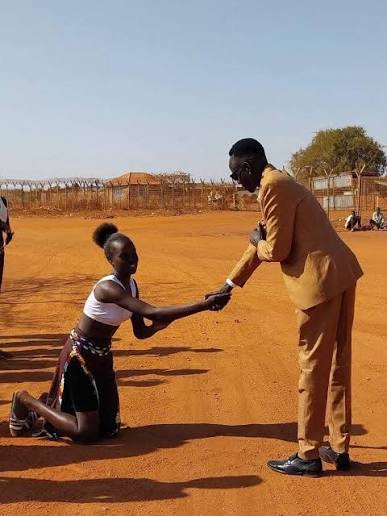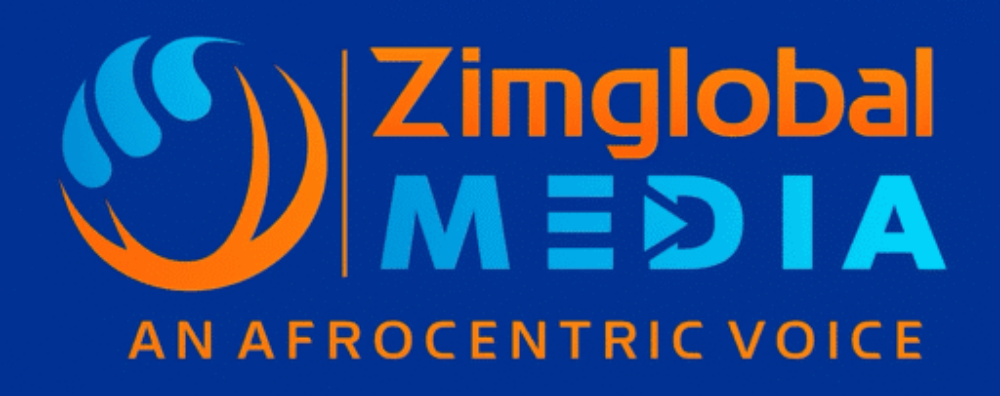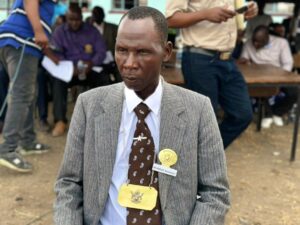Ubuntu Philosophy — The African Way of Life the World Needs Today
3 min read
Editorial – In a world increasingly defined by individualism and competition, Africa offers a refreshing alternative — Ubuntu, a way of life rooted in humanity, empathy, and collective well-being.
Originating from the Nguni Bantu languages of Southern Africa, Ubuntu translates to “I am because we are.” It emphasizes that one’s identity and success are inseparable from the community around them.
Ubuntu is more than a moral slogan. It’s a living philosophy that guided African societies long before colonial borders and foreign ideologies.
Today, as the world faces crises of inequality, alienation, and division, Ubuntu stands as a global call for compassion, justice, and shared humanity.
Ubuntu is both a worldview and an ethical code. It asserts that every individual’s humanity is inextricably linked to others. Archbishop Desmond Tutu described it best:
“A person with Ubuntu is open and available to others, affirming of others, does not feel threatened that others are able and good, for he or she has a proper self-assurance that comes from knowing he or she belongs in a greater whole.”
In traditional African societies, Ubuntu shaped governance, justice, and daily life. Disputes were resolved through consensus, generosity was a virtue, and success was measured by communal well-being rather than individual wealth.
Ubuntu rejects the Western notion of “I think, therefore I am” in favor of “I belong, therefore I am.” It teaches that our humanity is relational — we exist not in isolation but as part of a wider human fabric.
This mindset fosters empathy and accountability. It reminds leaders that power is service, not dominance. It urges businesses to prioritize social responsibility over profit. It inspires communities to stand together against injustice.
Even amid urbanization and modernization, Ubuntu continues to influence African life. During hardships, neighbors share food; during celebrations, entire villages unite. Ubuntu thrives in the extended family systems, communal ceremonies, and traditions of generosity seen across the continent.
In Zimbabwe, for example, Ubuntu is known as hunhu — the essence of being human. It shapes how communities care for orphans, elders, and strangers.
Similarly, in South Africa, Ubuntu guided the Truth and Reconciliation Commission after apartheid, promoting forgiveness over vengeance.
The global community faces rising polarization, environmental neglect, and economic inequality.
Ubuntu offers timeless lessons for addressing these challenges.
In Leadership, true leaders serve others, recognizing that the well-being of the governed is their greatest legacy.
In Business, profit should not come at the cost of human dignity or ecological balance.
In Governance, consensus and inclusion build peace, not coercion or exclusion.
In Society, our strength lies in diversity and shared humanity.
African governments can embed Ubuntu in public service by focusing on people-centered development, community-driven policies, and justice rooted in restoration.
Businesses inspired by Ubuntu can foster ethical entrepreneurship, employee welfare, and sustainable impact.
Globally, Ubuntu can inspire climate action, humanitarian aid, and international cooperation. The pandemic taught us that no nation can stand alone — Ubuntu reminds us of this eternal truth.
As technology accelerates and societies grow more individualistic, Ubuntu calls us back to what truly matters — people, relationships, and compassion. It is Africa’s philosophical gift to the world, a reminder that progress without humanity is hollow.
To embrace Ubuntu is to embrace the belief that our destinies are intertwined. In the words of Nelson Mandela, “Ubuntu does not mean that people should not enrich themselves.
The question therefore is: Are you going to do so in order to enable the community around you to be able to improve?”
Let Ubuntu light the path toward a kinder, more united world.







